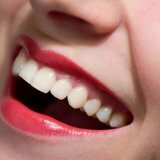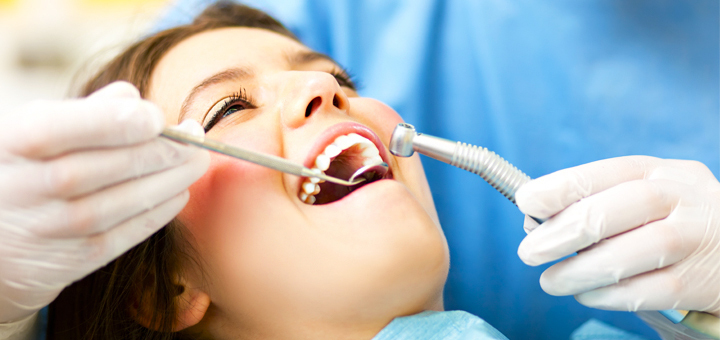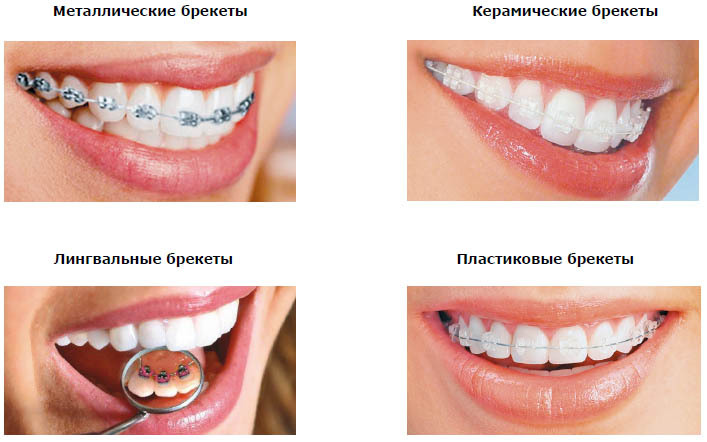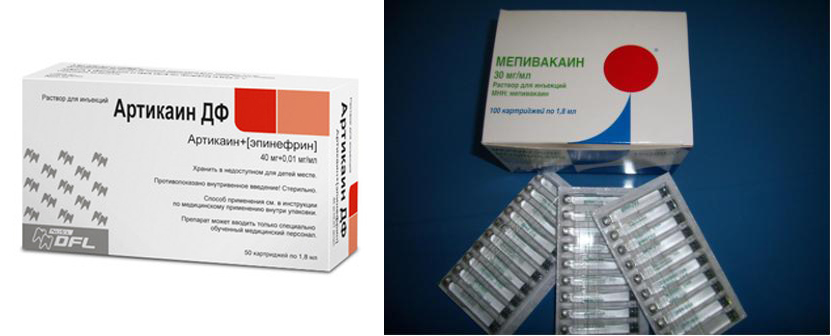Proper oral hygiene

Regular oral hygiene provides healthy teeth. Our gums and teeth are vulnerable to the effects of food. Of great importance for a person is oral hygiene, which is then successful when it is performed regularly and correctly.
Proper oral hygiene includes:
- tooth cleaning with toothbrush with paste;
- after eating cleansing of the mouth;
- regular courting of the interdental spaces.
If after eating, there is no way to immediately brush your teeth, rinse your mouth with water or a special rinse aid. And if there is no such opportunity, chew the chewing gum. It is necessary to observe the rules of oral hygiene, which will be the best means of preventing various dental diseases.
Our food is cooked, so it is poor in natural products, and this does not contribute to self-cleaning of the mouth. This diet does not require a strong chewing, which means that there is no proper load on the peri-toothed tissues and teeth. In these conditions, hygiene of the oral cavity is of great importance, if not, the products of putrefaction and fermentation, food debris, bacteria, accumulate, which leads to the formation of calculus or plaque.
Plaque appears:
- in the ducts of the salivary glands;
- in contact areas of teeth;
- on the gums;
- in the spaces between the teeth.
As a rule, plaque accumulates where food remains remain. If you do not remove it, the dental plaque will adhere to the tooth enamel, you will get a tooth plaque, it will join the tissues of the tooth and under it will develop caries. To ensure healthy gums and safety of teeth, you should regularly take care of your teeth.
With two years of children need to learn to care for your teeth. At first it will be rinsing the mouth after eating, especially after the sweet, then gradually teach the child to properly brush their teeth. A child should perceive brushing his teeth as naturally as eating food. Do not forget that the child in all copies of their parents. You need to become an example for him.
Need to learn how to brush your teeth correctly?
Lower teeth are cleaned from the bottom up, and the upper teeth are cleaned from top to bottom. Do not forget to clean the inside of your teeth. To clean the lateral surfaces of the teeth, you need to use dental floss - floss. To clean the teeth, children need to use low-abrasive children's toothpaste.
After each meal, you need to brush your teeth, either in the morning or at bedtime. The toothbrush should be used in a small size and with artificial bristles. A new brush should not be showered with boiling water before first use, it is best to rinse under running water.
Cleaning teeth will not replace rinsers, and children under seven years are contraindicated, since they contain a large amount of fluoride. Know that the teeth brush the brush, and not the paste, it has a refreshing, deodorizing and antimicrobial effect.
H what is oral hygiene?
If after brushing your teeth and mouth, breathing is pleasant and fresh.
This means that:
- in the teeth there is no stuck food residue, the teeth are clean;
- when during cleaning teeth gums do not bleed, do not hurt, they are pink;
- from the mouth there is no smell.
Ask your dentist if your gums begin to bleed and become soft, when you floss or brush, and an unpleasant smell comes from your mouth. This indicates a health problem. A hygienist or dentist will help to teach you how to keep proper mouth hygiene and pay great attention to cleaning with a floss or brush. The health of the oral cavity depends on the well-being of the body.



